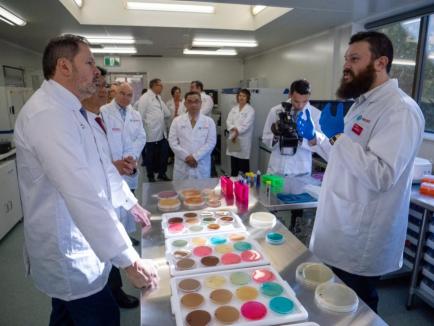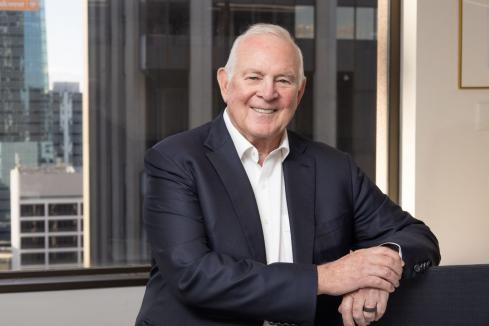

Life coaching, business coaching, career coaching. Coaching services are experiencing significant global growth. But what is coaching and what has driven its popularity in recent years?
For researchers James Wiginton and Philip Cartwright, the professional coach is “an experienced, trusted advisor who actively contributes to developing situational clarity, specific action steps, and accountability for measurable results.” A coach is there to help you succeed. They’re candid and progress-focused. They maintain your confidentiality and often have professional experience in sectors relevant to your needs. According to Harvard scholar Diane Coutu, good coaches build trusting relationships and have a strong working chemistry with their clients.
Student Edge co-founder and start-up coach, Jeremy Chetty attributes the increasing appetite for coaching services to multiple factors. A growing acceptance that working professionals will take on multiple careers over their working lives and a broader desire for personal growth offer some explanation. But he also attributes the popularity of coaching to the development of social media platforms; allowing coaching to enter the public consciousness and encouraging many to consider taking up coaching as a profession. For Loop Advisory boss and professional coach, Lui Pangiarella, Australia’s growing appetite for coaching services stems from both the uncertainty associated with modern working life and the choices available to working professionals. Spectrum Space Diversity Consultant, Melissa Koh agrees. “The whole concept of a career has evolved over time and there are more and more opportunities to re-evaluate the way we see and do work.”
The well-defined career paths of the past have given way to uncertain working environments that place less value on simple hard work or staff loyalty. Add to this, the diverse career opportunities now available for working professionals, the growth in demand for coaching guidance and support makes sense.
Long-time professional coach Karen Thompson, founder of Communicate U, asserts that good coaches improve someone’s self-esteem and can improve their overall quality of life. For Chetty, coaching is “about fulfilment too.” Head of the Murdoch Business School, Professor Antonia Girardi, agrees that coaches can make a difference: “Coaching develops a type of helping relationship – both for the coach and the coached – and in current times where there is much isolation and uncertainty, being part of a coaching relationship is a valuable way to connect and develop, personally.”
Coaching can be used to support self-reflection and build self-awareness, which is a critical part of “…understanding learning gaps and ensuring skills agility for the future,” says Girardi who has been leading curriculum changes in the Murdoch Business School. “We’ve recognised that the needs of industry have changed and will continue to change, so we’re rethinking the way we deliver business education. Our new Bachelor of Commerce provides students with the skills they need to succeed in an evolving world”. Embedded as part of the core course curriculum, coaching forms a key element, ensuring that students graduate with knowledge, skills and the agility needed to navigate the employability landscape. Exposure to a coaching experience can help to “… get the best out of students and help to define their own concerns” affirms Girardi. Thompson supports this proactive approach to coaching: “… Your career is such a large and important part of your life, it makes sense to have an expert guide you when needed”.
For students, exposure to a career coach can help them to prepare for “crucial [career] conversations. The job market has changed. It’s foolhardy to just look at advertised jobs, send off your application, … and hope someone bothers to get back to you. With recruiters and large organisations using applicant tracking systems (ATS) your application may not even be seen by a person if you haven’t used the right keywords in your resume. You need to do more today to stand out. Career coaches can help you think about what makes you unique – what makes you you – and help get you find your niche”, says Thompson.
“…Good coaches are leaders. They may not necessarily have been a senior executive or leader in the traditional sense, but they will be experienced in leading themselves and others. The most important thing is that they’re credible.” For Chetty, a “… coach needs to walk the walk. You need to have achieved something in your area to coach.” But a good coach is also able to “…hold [their] own opinions to one side, … allowing the other person to come up with their own ideas and solutions ...” says Louise Goundrey, HR partner at Senses Australia. This focus on credibility may explain the emergence of accreditation bodies such as the International Association of Coaching (IAC) and the International Coaching Federation to help establish professional standards in the industry.
Whatever the field and aims, coaching is set to remain “part of a broader professional and personal development strategy,” says Girardi, and it is never too early to start a career coaching conversation. In a world of uncertainty, the professional coach can offer hope and inspiration to many, irrespective of their journey.
Click here to see how Murdoch University is making it their business to rethink business education.















